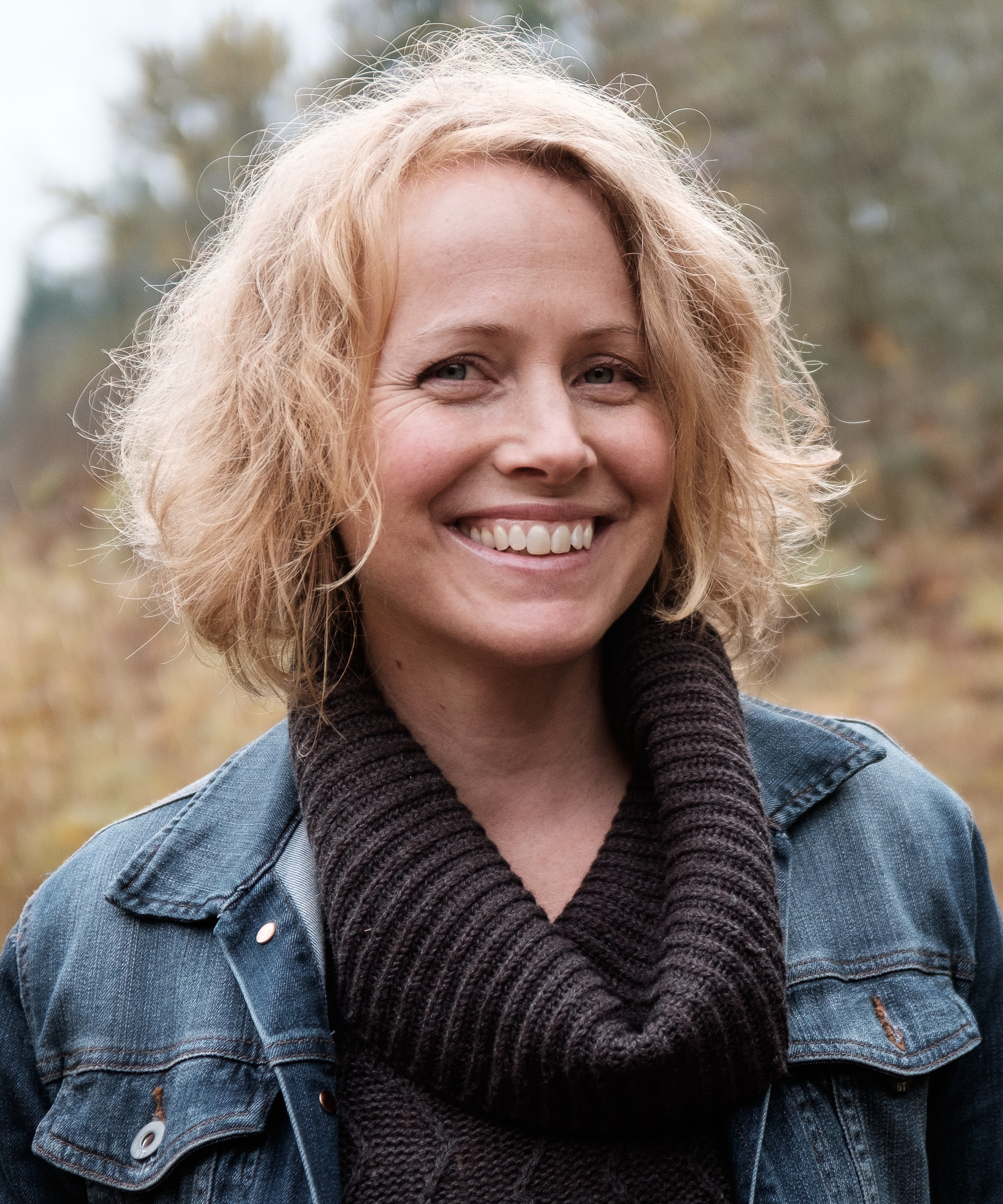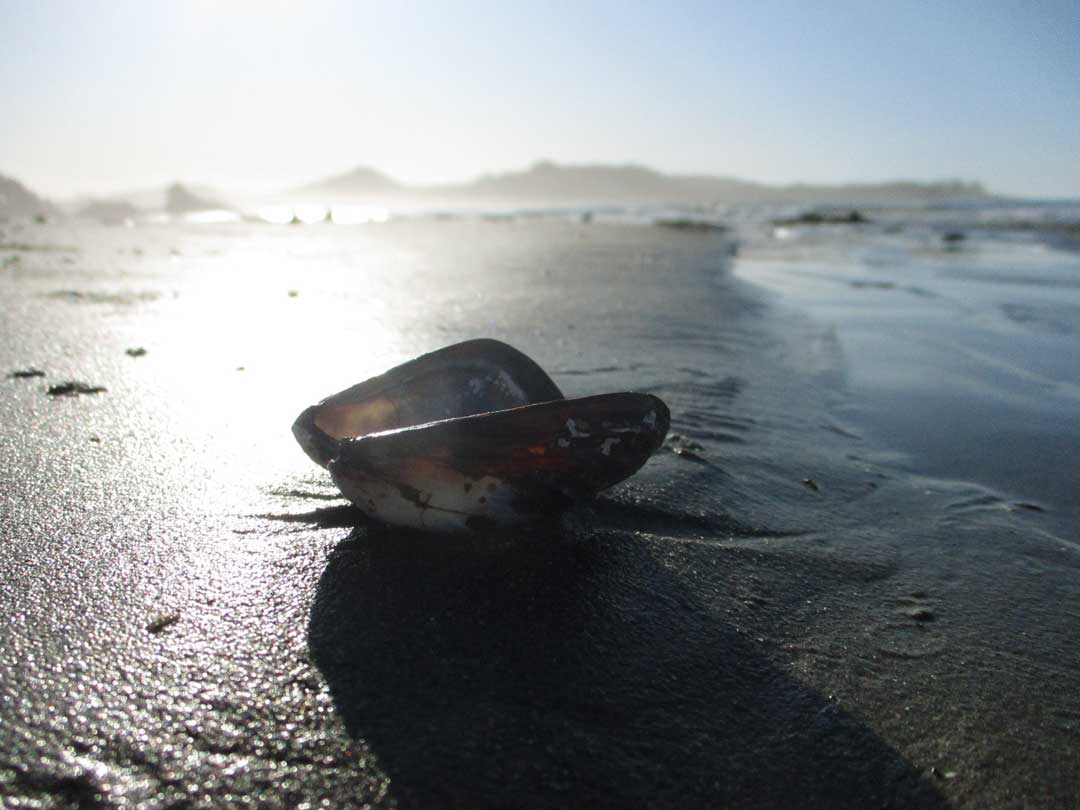Christina Hamill, BCST, RCST®

After many years of working as a Waldorf Infant & Toddler Caregiver, Holistic Doula, and Simplicity Parenting Life Coach, I got inspired to pursue working therapeutically with families. After completing my training in Biodynamic Craniosacral Therapy with Body Intelligence and mentorship with Richard Ferguson NTS, RCST®, it was a dream come true to open a private family practice that serves my Cowichan Valley community.
Feeling drawn to maternity and infant care, it felt only natural to expand my studies in the field of pre and perinatal health and psychology. I feel so incredibly fortunate to have journeyed on the path of Myrna Martin’s MN, RCC, CST, RCST® Pre and Perinatal Residential Trainings. Comprised of 3 levels that dive so deeply (both personally and professionally), I decided to take 1 year between each level just to integrate the rich material in the modules. The final training merged together Pre and Perinatal Psychology, Working with Couples and 1 on 1 from an Attachment Model, and Family Constellation work; weaving together the astounding insightful pieces from the Polyvagal theory, epigenitcs and generational imprinting.
In the first year of my practice, it came to my attention that many mothers were facing diverse challenges with breastfeeding. They were seeking support and treatment and wanting a tongue-tie assessment for their infant. I recognized I needed to gain specialized skills in order to provide accurate assessments and efficacious treatments. One of my colleagues invited me to attend a CST for Infant Breastfeeding training with Dr. Alison Hazelbaker PhD, IBCLC, FILCA, CST, RCST® in Portland. A few months after, I flew to Columbus, Ohio to take the Assessment Tool for Lingual Frenulum Function (ATLFF™) training in Dr. Hazelbaker’s lactation clinic. In 2019, I invited her to teach both trainings in Duncan, BC, which gave me the opportunity to take them both a second time!
I had never had a BCST session before so was not sure what to expect. Well right away, Christina’s nurturing approach made me feel completely relaxed and comfortable. During sessions, I gained clarity with challenges I was having in my life and noticed the emotional/physical pain connected to it alleviating. I also found that I would take the insights from the sessions and apply them to my life at that time.
“Look deep into nature, and then you will understand everything better.”
– Albert Einstein
Biodynamic Craniosacral Therapy
In Biodynamic Craniosacral Therapy (BCST), the practitioner is supporting a healing process that is guided by the client’s own internal systems, seeking a state of balance and ultimately a feeling of wholeness.
It is a gentle therapeutic light-touch modality rooted in a deep felt-sense listening from the practitioner, who attunes to and follows the healing priorities “mapped” out by the client’s own body’s intelligence and existing health. The practitioner welcomes this inner health, while yielding to its wisdom leading the way. The practitioner supports a gentle pace that feels safe for healing processes to emerge, unfold and integrate.
When the body feels safe, it gradually starts to engage in “dialogues” between the existing health and places of disturbance seeking a holistic relationship. In the process of body, mind and spirit reconnecting with its original health, there is a soothing rhythmic balanced interchange with the Breath of Life, a slowing down, and a reunion with dynamic stillness. Trauma imprints gradually begin to dissolve away. It is noticeably felt within the client’s system, as the body embraces the spreading of potency, like sunshine streaming into the open windows of a house, filling every room with its golden glow.
“The nature of the biodynamic touch is that it is non-imposing, without agenda, open and unpressured. This is a rare kind of touch. Often people have never been touched in this way. The kind of touch offered in biodynamic craniosacral therapy is the kind of touch that brings people back to a more original cellular touch they had when they were in utero. It takes us back to the first moments of growth before experience had changed us and created patterned behaviour.” Ged Sumner and Steve Haines “Cranial Intelligence–A Practical Guide to Biodynamic Craniosacral Therapy”
The tone of biodynamic craniosacral therapy is both gentle and curious. In sessions with Christina, having her clients feel comfortable and safe is a priority. Asking questions, talking, or enjoying the silence is all welcomed.
In my sessions, I discovered that biodynamic craniosacral therapy helps unravel our experience in the world and how it unfolds within us, not to mention diving deeply into our own well of knowledge and wisdom. The journey is a very personal one both nourishing and transformative.

